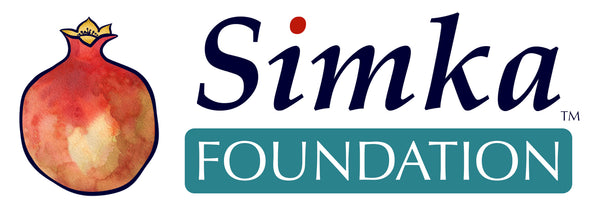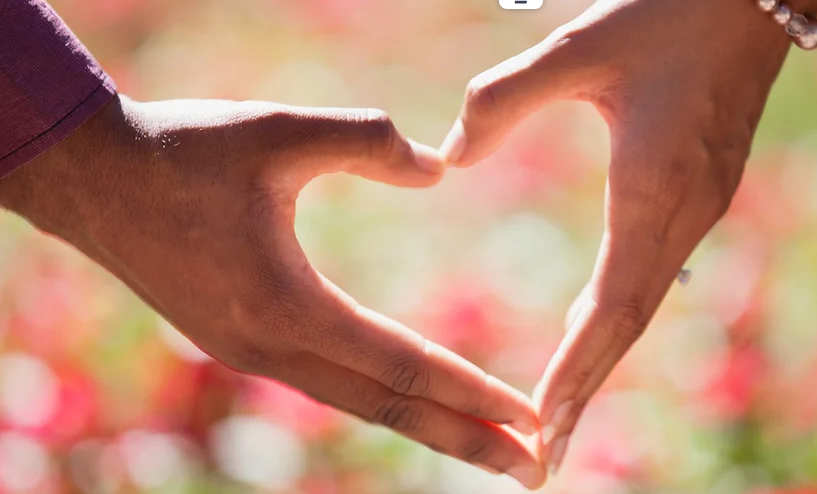Amazing Love
"God so loved the world that He gave his only Son" (John 3:16).
April 2 - 8 (Nisan 11 – 17)
I watched a student write YBH in her notes and asked, “what does it mean?” She whispered back, “I write it whenever God amazes me, it means ‘Yeah, But How?’’”
This week’s topic gets a YBH in the margin. This is when God heard the cries of the descendants of Abraham and rescued them from over four hundred years of slavery in Egypt. Their deliverance happened one evening, following a season of nine devastating plagues, on the 14th day in the month of Nissan.
That night began with instructions for God’s followers to eat a lamb at home and wipe its blood on their door frames. Dinner happened quickly, making no time for bread to rise; so, flatbread accompanied dinner.
Then, in one unprecedented move, God passed through Egypt. When He did, every firstborn male died except those in homes with blood stained door frames. In one night, amidst wailing, crying and corpses, an estimated 2.5-3 million of God’s followers exited Egypt.
Since then, every firstborn male—human and animal—belongs to God; they are His possession. That’s why, when Jesus was an infant, Joseph and Mary offered doves in Jerusalem—by doing so, they purchased their son’s life back from the Father. (Luke 2:24)
Ironic, isn’t it? The only One able to end life in one night for an entire nation’s population of firstborn males—fathers, sons, uncles, brothers, and animals—did not spare his own firstborn. Instead, God’s only son became the lamb. The timing is no coincidence. Freedom from the first Passover led to freedom at Jesus’ last Passover dinner—the Last Supper. Jesus died for you and me on Passover, the day of freedom.
This connection, between the first Passover and Jesus’ death, enables us to see Him more like His earliest followers. His death on Passover marked us with His blood, spared us from slavery, and opened the door for us to walk into abundant life. Paul made the Passover connection when he said, “Messiah, our Passover Lamb, has been sacrificed for us; therefore, let us celebrate the festival!” (1 Cor 5:7ff).
For seven days after that first Passover, about the time it took freed slaves to get to the Red Sea, flatbread was the only bread on the menu; it symbolized a swift exit from Egypt. (Exodus 12:17-18) To emphasize the significance, God commemorated an annual festival called the Feast of Unleavened Bread so they would never forget. It was a celebration on top of a celebration, Passover then the Feast of Unleavened Bread.
To help mark the seven-day flatbread festival, a custom started to throw away leaven (yeast) at home before Passover. The apostle Paul expressed the tradition when he said, “Get rid of the old leaven that you may be a new batch without yeast— as you really are (1 Cor. 5:8). Removing yeast before Passover, a custom practiced by the early Church, continues today as it did in the time of Paul.
Considering these things, it’s hard to miss the point. This day, known as a day for freedom for roughly 15 centuries, became the day of ultimate freedom offered by God’s own son. Passover and the Feast of Unleavened Bread were an integral part of the life of the earliest believers in Yeshua, Jesus. This is our authentic church history.
All of this makes me write YBH in the margin. Love is written all over the pages of the story. We are recipients of affection from an amazing God willing to go to impossible lengths to show His amazing love.
PRAYER:
Gracious Father, thank You for Your mighty work in history. Your love astounds me. Thank You for establishing traditions that remind us of our place in Your plan for salvation. Thank You for making a way for forgiveness, for forgiving me and allowing me to forgive. I choose to trust You knowing You will never fail me. Nothing I face will take my eyes off You, for You care about my needs. Your abundance is surrounding me today. Take my life today so I may glorify You and serve You all of my days. Overwhelm me with Your goodness and amaze me with Your favor. Amen.
BIG CALENDAR DATES:
This week contains two big events on the Biblical calendar: Passover and the Feast of Unleavened Bread.
- Passover begins on Wednesday at sundown (April 5th); that’s Nissan 14 and ends the next day, Thursday, at sundown. *
- Feast of Unleavened Bread begins at the same time: Wednesday at sundown (April 5th) and continues for seven days. So, it ends Wednesday, April 12 at sundown.
How can you jump in the festivities? Download and print a copy of How to Celebrate and Passover Background and Meaning. These two documents will help you get the celebration going! Then gather family and friends for dinner on Wednesday evening!
STUDY VERSES:
- “For God so loved the world, that he gave his only Son …” (John 3:16)
- “In the fourteenth day of the first month at even is the LORD'S Passover.” (Numbers 9:4-6; Also see Leviticus 23:5)
- “Three times a year you shall celebrate a feast to Me.” (Ex 23:14-17; Ex 34, Dt 16).
- “When it was almost time for the Jewish Passover, Jesus went up to Jerusalem.” (John 2:13ff) Also see Luke 2:41.
DIGGING DEEPER:
- Both Moses and Paul spoke about the removal of leaven referring back to the Feast of Unleavened Bread. (Exodus 12:14-20 and 1Cor. 5:6-8)
- In what ways is the blood in the passage in Exodus 12:23 similar to the blood that was shed by Jesus?
- Every firstborn male belongs to God verse.
- Pharaoh’s plan to kill every firstborn Hebrew boy (and Herod’s later imitation of that plan) failed.
* You may have heard the terms “first night” and “second night” in relation to Passover. Why? Because an extra night was added along the way in history to make room for anyone who missed the first night. So, both Nissan 14 and Nissan 15 are considered nights to celebrate Passover, Nissan 15 is a bit of extended grace! What you will find in the Bible is even more extended grace, like a make-up day exactly one month later (Iyar 14) for anyone unable to celebrate on time. (Numbers 9: 9 – 13). There’s always a second chance to celebrate!

